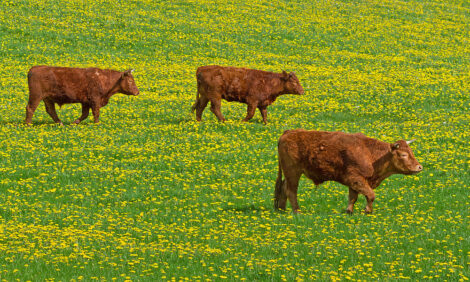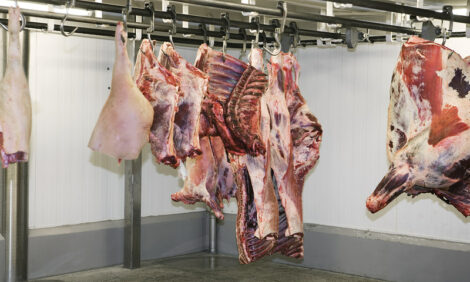



Warming May Change The Nature Of The Food We Eat
CANADA - Canadians are a well-fed bunch. We do not generally have to worry about our food supply. For most of us, it's just a matter of heading to the nearest grocery store. But global warming and the need to move toward more sustainable ways of food production could gradually change what we eat and how we get it.| David Suzuki |
Most people have heard about the problems associated with global warming and what it will do to our climate. We are more likely to get longer periods of drought, for example, and heat waves could become more frequent or more intense. That could pose serious problems for our farmers, especially on the prairies.
But if global warming also lengthens the growing season, it would have a beneficial impact on farming in Canada - at least in some areas. Although more carbon dioxide (the main greenhouse gas) in the atmosphere from burning oil and gas is the primary culprit behind global warming, carbon dioxide itself can actually enhance plant growth. Commercial growers often take advantage of this enhanced growth by adding carbon dioxide to the air inside their greenhouses.
Because of these benefits some people believe that, although global warming will force changes to where and how we farm, it might have an overall net benefit to Canadian agriculture. Our growing season is so short that warmer temperatures and higher levels of carbon dioxide likely couldn't help but increase yields. Could this really be an upside to global warming?
Unfortunately, the issue is not that simple. Not surprisingly, nature is often far more complex than we first anticipate, and that's certainly the case with how plants respond to changes such as increased greenhouse gases in our atmosphere. For example, according to a recent article in the journal Nature, very little is known about what other effects enhanced carbon dioxide levels will have on our food. And some scientists are concerned that this knowledge gap isn't being addressed quickly enough.
As it turns out, higher carbon dioxide levels have other effects on plants, and not all of them are good. Many crops won't just grow faster in an enhanced carbon dioxide environment, they will grow differently. Generally, plants take up nitrogen from the soil in order to create proteins needed to help convert atmospheric carbon dioxide into sugars. But at higher carbon dioxide levels this job gets easier, so plants create less protein and take up less nitrogen from the soil.
But if plants don't create as much protein, then they could become less nutritious - for humans as well as everything else that eats them. This could have implications throughout the food chain, because many creatures depend entirely on plant-based proteins - including important livestock like cattle. Studies done on plants raised with higher levels of carbon dioxide confirm that they do indeed contain less protein, though scientists are not sure how serious the problem will be. Some the protein deficiency could potentially be made up by adding more nitrogen fertilizers to the soil, but that poses other environmental


